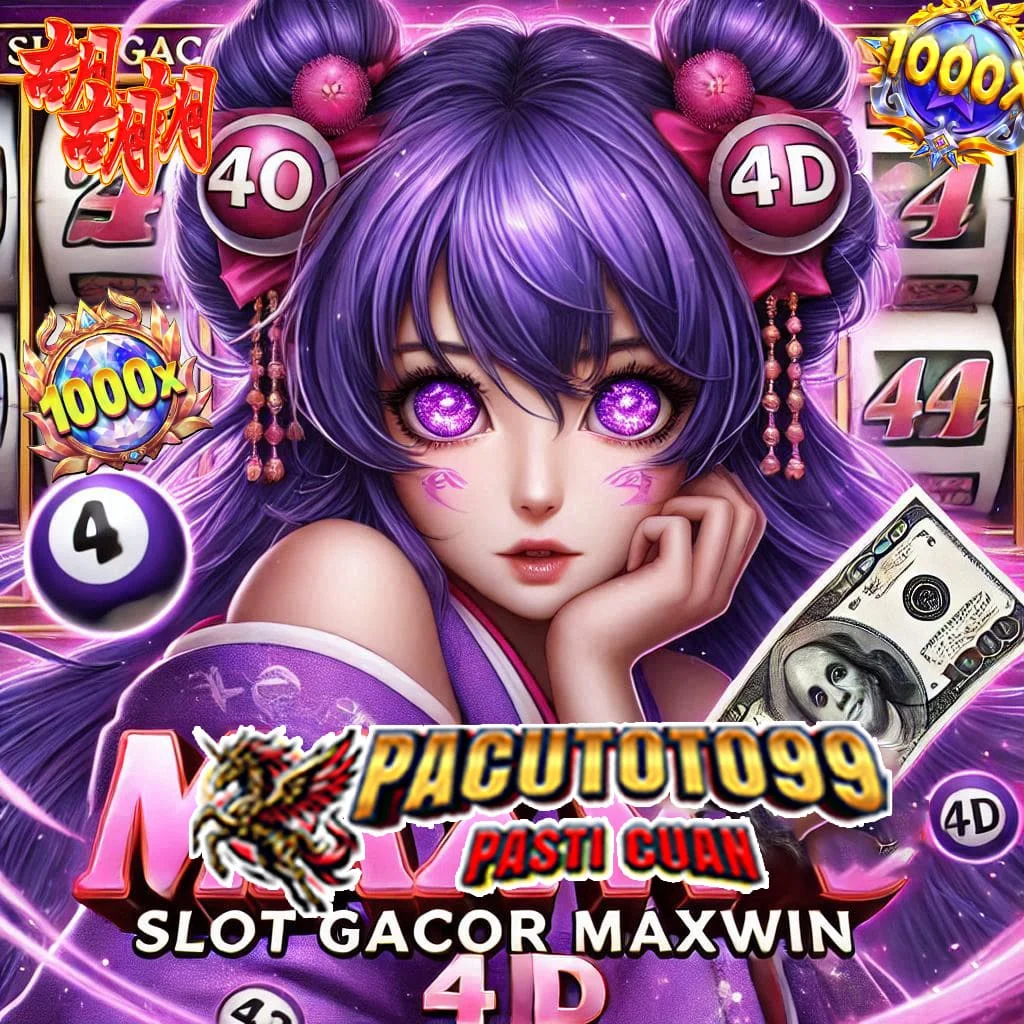December 3, 2025
No Comments
The world of video games is a vibrant tapestry, ever-evolving yet deeply rooted in the groundbreaking titles https://pudgybulls.com/what-is-a-big-rope-french-bulldog/ that shaped its history. For decades, PlayStation has stood as a titan in this industry, delivering unparalleled experiences that have captivated millions. From the revolutionary 3D graphics of its inaugural console to the stunning realism of the PlayStation 5, and the portable marvel that was the PSP, the legacy of exceptional gaming runs deep within Sony’s ecosystem. This exploration delves into the diverse landscape of the best games, shining a spotlight on the iconic PlayStation games that defined generations and the cherished PSP games that brought console-quality entertainment into the palm of your hand.
The journey into the heart of gaming excellence often begins with the original PlayStation, a console that democratized 3D gaming and brought cinematic narratives to the forefront. The PS1 era was a crucible of innovation, giving birth to genres and franchises that remain cornerstones of the industry. Classic PlayStation games like *Final Fantasy VII* redefined storytelling in RPGs with its epic scope and emotional depth, while *Metal Gear Solid* introduced stealth action with an unprecedented level of cinematic flair and complex narrative. Survival horror found its terrifying footing with *Resident Evil*, and platforming reached new heights with *Crash Bandicoot*. These titles weren’t just games; they were cultural phenomena, cementing PlayStation’s place in gaming history and setting a high bar for future generations of consoles.
Following the immense success of the PS1, the PlayStation 2 emerged as the best-selling console of all time, boasting an unbelievably diverse and expansive library. This era solidified PlayStation’s dominance, offering an incredible array of genres and experiences that appealed to every type of gamer. The PS2 was home to masterpieces like *Grand Theft Auto III*, which pioneered the modern open-world genre, offering unprecedented freedom and scale. *God of War* introduced Kratos and a visceral, mythological hack-and-slash adventure, while *Shadow of the Colossus* delivered an artistic, poignant experience unlike anything before it. RPG enthusiasts found endless hours in *Persona 3* and *Final Fantasy X*, showcasing the depth and innovation possible within the genre. The PS2’s enduring popularity speaks volumes about the quality and breadth of its gaming output, truly delivering some of the best games ever made.
The PlayStation 3 ushered in the era of high-definition gaming, pushing graphical boundaries and expanding online multiplayer capabilities. This console generation focused heavily on cinematic storytelling and immersive worlds. Seminal PlayStation games from this period include *The Last of Us*, a narrative masterpiece praised for its compelling characters and brutal yet beautiful post-apocalyptic world. *Uncharted 2: Among Thieves* set new standards for action-adventure, blending thrilling set pieces with charming characters. The PS3 also saw the evolution of beloved franchises like *God of War III*, which brought the series to breathtaking visual fidelity, and *Metal Gear Solid 4: Guns of the Patriots*, a fitting conclusion to Solid Snake’s saga. These titles demonstrated PlayStation’s commitment to delivering premium, story-driven experiences.
With the PlayStation 4, Sony further refined its approach, focusing on powerful hardware and a commitment to incredible exclusive titles. This generation continued the trend of narrative excellence and pushed graphical fidelity to new heights. *Marvel’s Spider-Man* delivered an exhilarating open-world superhero experience, while *God of War (2018)* reinvented the series with a more mature narrative and an impactful father-son journey. *Horizon Zero Dawn* captivated players with its unique post-apocalyptic world populated by robotic creatures and a compelling mystery. The PS4 library is replete with critically acclaimed, best-selling PlayStation games that consistently raised the bar for what interactive entertainment could achieve, proving PlayStation’s ability to foster innovative and unforgettable gaming experiences.
The current generation, the PlayStation 5, builds upon this robust foundation, offering lightning-fast loading times, haptic feedback, and adaptive triggers that deepen immersion. While still relatively young, the PS5 has already introduced stunning next-gen experiences. *Marvel’s Spider-Man: Miles Morales* showcased the console’s power and quick loading, offering a brilliant continuation of the beloved series. *Demon’s Souls Remake* presented a breathtakingly rebuilt classic for a new generation, setting a new standard for visual fidelity. The PS5 continues to promise exciting exclusive titles and enhanced versions of multi-platform blockbusters, ensuring that the legacy of incredible PlayStation games will only continue to grow, offering gamers some of the most advanced and engaging experiences available.
Beyond the home console experience, the PlayStation Portable (PSP) carved its own niche as a true handheld powerhouse. Launched with the promise of console-quality gaming on the go, the PSP delivered on that ambition, offering a fantastic library of PSP games that pushed the boundaries of portable entertainment. It was a haven for unique experiences and excellent ports. Titles like *Monster Hunter Freedom Unite* offered hundreds of hours of deep, collaborative gameplay, forming a passionate community around it. *God of War: Chains of Olympus* and *Ghost of Sparta* proved that Kratos’s brutal adventures could translate perfectly to a smaller screen, without compromising on scale or spectacle. *Crisis Core: Final Fantasy VII* provided a poignant prequel to a beloved classic, and *Grand Theft Auto: Liberty City Stories* and *Vice City Stories* brought the iconic open-world experience to a portable format. The PSP’s diverse offerings, from intricate RPGs to fast-paced action, cemented its status as a beloved platform for some of the best portable games.
When considering what truly defines the “best games,” it often comes down to a combination of innovative gameplay, compelling storytelling, technical prowess, and lasting cultural impact. A truly great game transcends its time, offering replayability and leaving an indelible mark on players. Whether it’s the sheer narrative power of *The Last of Us*, the revolutionary open-world design of *Grand Theft Auto V* (a multi-platform titan that found a massive audience on PlayStation), or the intricate character development in *Persona 5 Royal*, these titles exemplify gaming excellence. They push boundaries, evoke powerful emotions, and provide escapism that is both profound and endlessly entertaining. The landscape of gaming is richer for the presence of these groundbreaking titles, which consistently redefine what is possible in interactive media.
In conclusion, the journey through the annals of gaming, particularly within the PlayStation and PSP ecosystems, reveals a rich tapestry of creativity, innovation, and unforgettable experiences. From the foundational classics of the PS1 to the current-gen marvels of the PS5, and the cherished portable adventures of the PSP, Sony’s platforms have consistently delivered some of the best games ever conceived. These titles are more than just entertainment; they are cultural touchstones, technological achievements, and powerful stories that continue to resonate with players worldwide. As gaming evolves, the legacy of these iconic PlayStation games and PSP gems will forever stand as a testament to the enduring power and artistry of the medium.






